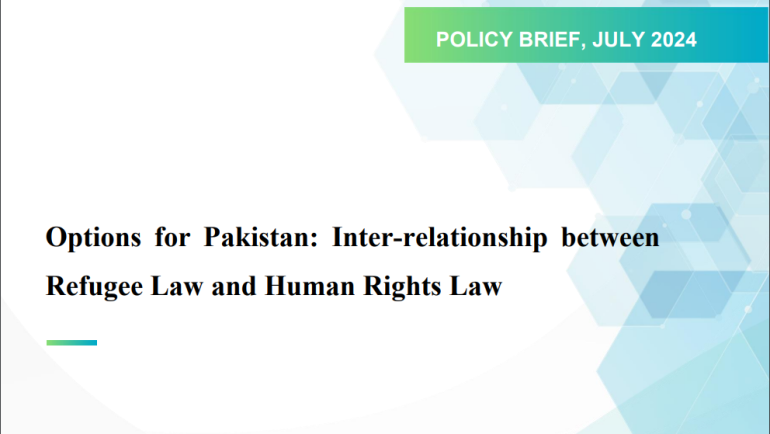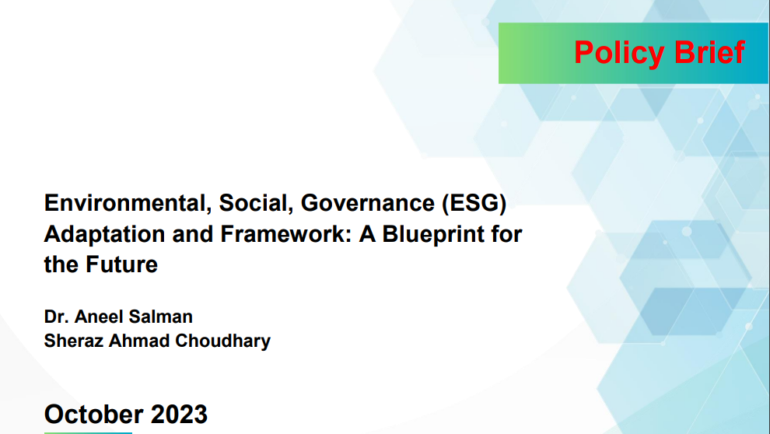Policy Brief 11/07/2025
This Policy Brief explores the implications of a premature trade liberalisation in Pakistan. It highlights that Pakistan’s economy faces recurring balance of payments crises, foreign exchange shortages, limited export diversification, and weak domestic demand. Collectively, these structural vulnerabilities pose a significant risk to the country’s long-term economic security.
To address these challenges, the Government of Pakistan revised most of its customs duties as part of a broader trade liberalisation agenda. However, this shift occurs at a time when the industrial sector’s share in the economy is declining. High energy tariffs, weak domestic demand, and increasing trade and production costs continue to hamper the competitiveness of Pakistan’s industrial sector, particularly that of the Large-Scale Manufacturing (LSM) sector. During the first eight months of FY2024-25, the LSM contracted by 2%.
Based on the ITC data, this Brief suggests that without a sufficient exportable surplus, a competitive industrial base, and lower trade and energy costs, abolishing customs duties may further erode Pakistan’s economic security by increasing import dependency as well as making the economy more vulnerable to external shocks.


